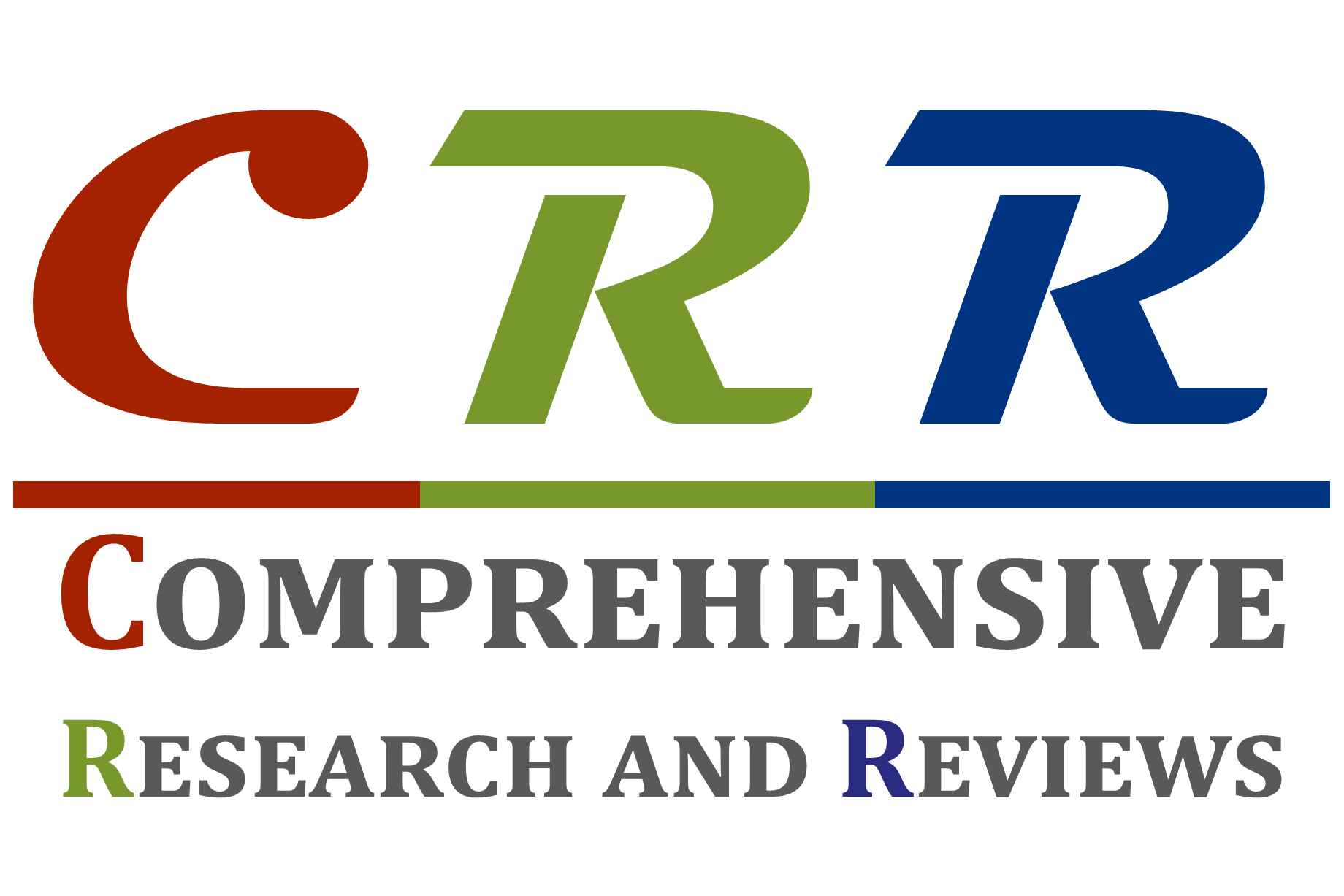Conceptual framework for data-driven reservoir characterization: Integrating machine learning in petrophysical analysis
1 Independent Researcher, Benin City, Nigeria.
2 TotalEnergies Limited, Nigeria (c/o Benmaris Limited).
3 Independent Researcher, Houston Texas, USA.
Review
Comprehensive Research and Reviews in Multidisciplinary Studies, 2024, 02(02), 001–013.
Article DOI: 10.57219/crrms.2024.2.2.0041
Publication history:
Received on 22 September 2024; revised on 01 November 2024; accepted on 04 November 2024
Abstract:
Reservoir characterization plays a critical role in optimizing oil and gas production by accurately determining subsurface properties such as porosity, permeability, and fluid saturation. Traditionally, this process has relied on the interpretation of well logs, seismic data, and core samples using manual or physics-based methods. However, these approaches often face limitations when dealing with complex datasets and heterogeneous reservoir properties. This review develops a conceptual framework for integrating machine learning (ML) into petrophysical analysis to revolutionize reservoir characterization. By utilizing advanced ML algorithms such as supervised learning, unsupervised learning, and deep learning, this model demonstrates the potential of data-driven methods to improve the accuracy and efficiency of reservoir analysis. The framework focuses on how ML techniques can automate the interpretation of well logs, enhance seismic data processing, and predict rock properties from core samples, leading to more accurate identification of reservoir boundaries and productive zones. This approach not only reduces interpretation errors but also accelerates decision-making in reservoir management. Moreover, machine learning can handle the vast amounts of data generated in reservoir studies, enabling real-time analysis and adaptive decision support. The study also addresses challenges such as data quality, model interpretability, and computational scalability, offering insights into future applications of ML in reservoir characterization. By combining petrophysical expertise with machine learning capabilities, this framework aims to significantly advance the field of reservoir characterization and contribute to more efficient resource management in the oil and gas industry.
Keywords:
Conceptual Framework; Data-Driven Reservoir; Machine Learning; Petrophysical Analysis
Full text article in PDF:
Copyright information:
Copyright © 2024 Author(s) retain the copyright of this article. This article is published under the terms of the Creative Commons Attribution Liscense 4.0
